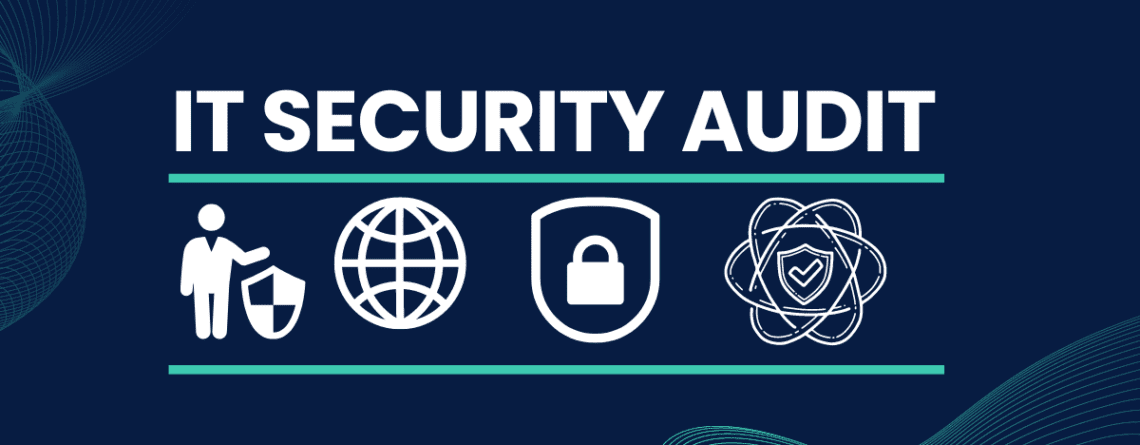Security Audits and Penetration Testing
Businesses must stay vigilant to protect their digital assets. Regular security audits and penetration testing are two critical components of a robust cybersecurity strategy. Here’s why they are so important:
1. Identifying Vulnerabilities
Security audits and penetration testing help identify vulnerabilities in your IT infrastructure. These could be outdated software, misconfigurations, weak passwords, or other security gaps that hackers could exploit. By regularly conducting security audits and penetration tests, businesses can identify these vulnerabilities and take steps to address them, thereby strengthening their overall security posture. This proactive approach to cybersecurity can significantly reduce the risk of a successful cyber attack.
2. Compliance with Regulations
Many industries have regulations requiring regular security audits and penetration testing. These practices help ensure compliance and avoid potential fines or penalties. For example, businesses that handle credit card information must comply with the Payment Card Industry Data Security Standard (PCI DSS), which requires regular security audits and penetration testing. By conducting these audits and tests, businesses can demonstrate their compliance with these regulations and avoid costly penalties.
3. Protecting Customer Data
With the increasing prevalence of data breaches, protecting customer data is more important than ever. Regular security audits and penetration testing can help prevent data breaches, protecting your customers and your reputation. By identifying potential security weaknesses, businesses can take steps to strengthen their defenses and protect sensitive customer data. This not only helps to maintain customer trust but also protects the business from the reputational damage that can result from a data breach.
4. Proactive vs Reactive Approach
Regular security audits and penetration testing allow businesses to take a proactive approach to cybersecurity, rather than a reactive one. By identifying and addressing vulnerabilities before they are exploited, businesses can prevent many cyber attacks. This not only helps to protect the business and its customers, but it can also lead to significant cost savings. The cost of responding to a cyber attack can be substantial, including not only the immediate costs of remediation but also the longer-term costs associated with lost business and reputational damage.
5. Cost Savings
While security audits and penetration testing require an investment, they can save businesses money in the long run by preventing costly data breaches. The cost of a data breach can be substantial, including not only the immediate costs of remediation but also the longer-term costs associated with lost business and reputational damage. By investing in regular security audits and penetration testing, businesses can identify and address vulnerabilities before they are exploited, thereby reducing the risk of a costly data breach.
Regular security audits and penetration testing are crucial for maintaining a strong cybersecurity posture. By identifying vulnerabilities, ensuring compliance, protecting customer data, taking a proactive approach, and saving costs, these practices play a vital role in cybersecurity.

Leave a Reply